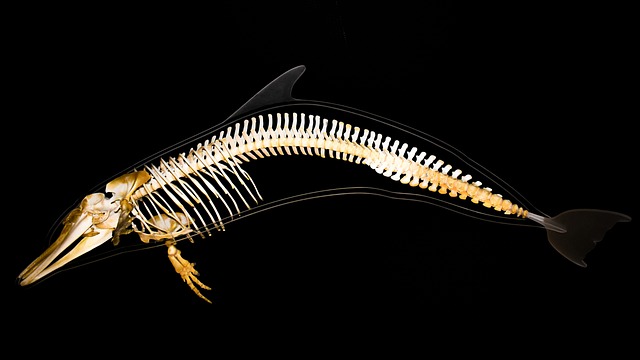Strong bones are essential for a healthy,
active lifestyle, providing structure to the body and protecting vital organs. As we age, maintaining bone strength becomes increasingly important to prevent fractures and conditions like osteoporosis. The key to healthy bones lies in a balanced diet rich in specific vitamins and minerals, paired with regular exercise. Here's an in-depth look at the nutrients that support bone health and how to incorporate them into your routine.
Essential Vitamins and Minerals for Bone Health

Calcium
Calcium is the cornerstone of bone health, making up a significant portion of bone mass. It provides structural strength and plays a role in other vital functions, such as muscle contractions and nerve signaling. Adults typically need 1,000–1,200 mg of calcium daily, depending on age and gender. Dairy products like milk, cheese, and yogurt are excellent sources of calcium. For non-dairy options, consider fortified plant-based milk, almonds, tofu, or leafy greens like kale and broccoli.
Vitamin D
Vitamin D is crucial for calcium absorption. Without sufficient vitamin D, even a calcium-rich diet may not support optimal bone health. This vitamin helps maintain calcium levels in the blood and supports bone remodeling, the process of replacing old bone tissue with new. The body produces vitamin D when exposed to sunlight, but it can also be obtained from fatty fish (such as salmon and mackerel), egg yolks, and fortified foods. Adults typically need 600–800 IU of vitamin D daily, and supplements can be considered if dietary intake or sunlight exposure is insufficient.
Vitamin K
Vitamin K plays an often-overlooked role in bone health by aiding in bone mineralization and activating osteocalcin, a protein essential for binding calcium to the bone matrix. Vitamin K1 is abundant in leafy greens like spinach and collard greens, while vitamin K2 can be found in fermented foods like natto, cheese, and egg yolks. Including both forms in your diet supports bone density and reduces the risk of fractures.
Magnesium
Magnesium is another critical mineral for bone strength, as it helps activate vitamin D and contributes to bone structure. About 50–60% of the body's magnesium is stored in the bones, and it is essential for maintaining bone density. Foods rich in magnesium include nuts, seeds, whole grains, legumes, and dark leafy greens. Adults need around 310–420 mg of magnesium daily, depending on age and gender.
Lifestyle Habits to Enhance Bone Hea
In addition to proper nutrition, lifestyle choices play a vital role in supporting bone strength. Weight-bearing exercises, such as walking, jogging, or strength training, encourage bone remodeling and improve bone density. Balance and flexibility exercises like yoga or tai chi help reduce fall risks, which is critical for preventing fractures in older adults.
Avoiding Bone Health Pitfalls
Certain habits can weaken bones, such as smoking and excessive alcohol consumption. Smoking has been linked to lower bone density, while alcohol can interfere with the absorption of calcium and other nutrients. Reducing these habits while prioritizing a nutrient-rich diet and regular physical activity can significantly enhance bone health.
Conclusion.
Healthy bones are built on a foundation of essential vitamins and minerals, including calcium, vitamin D, vitamin K, and magnesium. Combined with regular weight-bearing exercises and healthy lifestyle choices, these nutrients promote bone density, prevent fractures, and support lifelong mobility. By adopting these practices, you can strengthen your bones and ensure they remain healthy and resilient for years to come.


You must be logged in to post a comment.